WHAT is protein?
Protein Protein Protein …
It’s found in just about all foods- plants and animals. All protein is made from amino acids (AA), which are linked together to form long chains; some proteins are 20 AA long and some can be a thousand AA long. We can make amino acids (and therefore proteins) from the amino acids in our diet….. however, there is one catch…. there are some AA that we cannot make, they are called Essential AA (EAA). When we eat well (fruits, veggies, lots-o water) and get all the EAA in our diet, we make great proteins! And protein is needed for ALL functions of the body: immunity, hormones, growth, digestion, and of course muscle growth and maintenance.
WHY is it important?
“Protein is needed for all functions of the body”
Protein has taken our food culture by storm… we equate protein with strong muscles, but there is so much more to the story. Food manufacturing and supplement companies have monopolized on our protein-obsessed culture and fueled our obsession with “getting enough.” So, do we have a protein problem? Not really. We (Americans) on average meet or exceed protein requirements. According the 2012 NHANES survey, on average men were taking in 101.9 grams of protein per day, and women were taking in 70.1 grams of protein per day. https://nchstats.com/category/protein/
For athletes, protein requirements are a bit higher, but only slightly. Also, athletes are interested in when (time of day/proximity to exercise) it’s best to eat protein and how much. Some research has shown that protein before and after (within 2 hours) helps with muscle recovery. What if you’re a vegetarian? No problem! A vegetarian diet can provide all of the EAA needed. Read here for the What. Why & What of the vegetarian athlete.
& WHAT to do about it
“Eat REAL food. It’s very easy to meet your protein needs from food that naturally contains protein, plus you get all the other nutritional benefits”
Eat REAL food first. “REAL” foods are those that are natural sources of protein and have not been processed/extracted/powdered, etc. Below is an example of a “REAL” food day that meets all of your protein needs. Both examples, Meat Eater & Vegetarian, have about 70g of protein for the day, which meets the needs for both male and female youth athletes (as well as most non active adults). The recommendation for protein is set by the United States Department of Agriculture (USDA) dietary guidelines for Americans. The recs are based on 0.8g/kg of body weight or about 50 g for females and 60g for males.http://fnic.nal.usda.gov/sites/fnic.nal.usda.gov/files/uploads/recommended_intakes_individuals.pdf
**You can do the math to find how much protein you need by multiplying 0.8 to your weight in Kg (1kg = 2.2lbs). If you weigh 150lbs, divide by 2.2 to get your weight in KG = 68kg. Now multiply! 0.8 x 68kg = 55g protein per day.
**If you are training a few hours per day, you can multiply your weight in Kg by 1.2. However, must of us who exercise regularly will meet our EAA needs by using the 0.8 factor.
Example Meals
Breakfast
Meat Eater: Greek yogurt smoothie: 1 cup Greek yogurt, 1/2 cup berries, 1/2 banana, 1 cup spinach, 1/2 cup unsweetened almond/soy milk, ice. -- 20g complete protein
Vegetarian: Greek yogurt smoothie: 1 cup Greek yogurt, 1/2 cup berries, 1/2 banana, 1 cup spinach, 1/2 cup unsweetened almond/soy milk, ice. -- 20g complete protein
Lunch
Meat Eater: Grilled Chicken Wrap: Whole wheat tortilla, tomato, cucumber, mixed green salad mix, 3oz chicken (about the size of a deck of cards). -- 25g complete protein
Vegetarian: Baked Tofu/or Tempeh Wrap: Whole wheat tortilla, tomato, cucumber, mixed green salad mix, 1 cup baked tofu or 3oz baked tempeh (about the size of a deck of cards). -- 25g complete protein
Dinner
Meat Eater: Stir Fry: 3 oz (about the size of a deck of cards) Beef/chicken/fish, 2 cups veggies (bell peppers, mushrooms, broccoli), over 1 cup of brown rice. -- 25g complete protein
Vegetarian: Stir Fry: 1 cup chickpeas, 2 cups veggies (bell peppers, mushrooms, broccoli), over 1 cup of brown rice. -- 25g complete protein
Total Protein
Meat Eater/ Vegetarian: 70g complete protein
As you can see, it’s pretty easy to get enough complete protein, aka all of the EAA you need, from REAL food. REAL food is the BEST option because it contains tons of other nutrients your body MUST have to make and use protein.
BUT while protein supplements can come in handy, they should be used sparingly. If you want to learn more about the What. Why & What of protein supplements, click here (coming soon!).
So, YES! Protein is important. More specifically, EAA must be eaten from food, but it’s pretty easy to reach the DRI recommendations. Protein alone will not build strong muscles, good immunity and growth. Your body MUST have nutrients like vitamin A, C, E, D, & B-vitamins (just to name a few).
Moral of the story… If you eat REAL food with lots of color and a serving of protein at each meal, you’re in good shape… Literally
Eat Well & WIN!
xoxo
Shavawn
Vitamin A is the name of a whole group of fat soluble vitamins called retinoids (retinol, retinal and retinyl esters to be exact). Vitamin A has been shown to be a valuable piece in the injury healing puzzle. When your body starts to heal, it needs to grow new tissue to fix the damaged pieces. Cells are used to reproduce and create this new tissue.
Healing foods aid with muscle recovery, tendon injuries and help decrease time to get back into rotation. Your body is built to heal from the inside out. Eating foods to support recovery is extremely important in the healing process.Omega-3 fatty acids are important to normal metabolism, the breakdown of food and use of nutrients in our bodies. This helps our bodies utilize nutrients needed for the body to repair an injury.
As a volleyball player, getting hurt happens. Injuries can be a super downer to your momentum and psyche. It can be disheartening and frustrating when you can’t train to your full capacity. Thankfully, food is another component. Your body is built to heal from the inside out. Eating foods to support recovery is extremely important in the healing process. Vitamin C, also known as ascorbic acid, is required to synthesize collagen. Collagen is a protein your body uses to make connective tissues such as tendons, ligaments and skin.
Keeping with the topic of fluids and performance, let’s talk caffeine. Many athletes enjoy a little caffeine lift in the morning, during lunch breaks, before training and during competition. However, the question comes up regarding caffeine and performance. To caffeinate, or not to caffeinate. We can talk about caffeine as a part of a sports diet and try to help you determine if you want to take it, or leave it in regards to your performance. Science does have proof that caffeine can be beneficial for athletic performance. Caffeine has been tested in many studies as an ergogenic aid (ability to enhance physical performance) for endurance and short term-high intensity exercise.
It is no secret, many factors go into making us a star. We’ve talked a lot about the food part of fueling, but, one of the most important aspects to nutrition is actually not food. It’s liquid! Unfortunately, athletes often forget to properly hydrate. A lot of us only think about drinking water when they are thirsty, and by then, it may already be too late. Thirst sensation doesn’t appear until we are around 1 to 2 percent dehydrated. Dehydration can affect athletic performance in a negative way. Mild dehydration can alter one’s mood, energy level and ability to think clearly.
We’ve talked a bit about the importance of not going on empty to practices and games, as well as how to recover with food afterward. So, what about the “other foods” that we are craving (sweets, candy, chips..etc). Would these hinder our performance? The answer. Most likely. Especially if you have them before your matches or practice. The type of fuel you put into your body is definitely important. Let’s talk about caving for sugary and salty foods could set your vehicle on the curb.
First offender, sugars and sweets...
Stay Fueled Up
Now that we have been practicing having snacks and fuel before practices and games, here comes the next step. Topping off your fuel during long practices/games and then re-fueling. I’ll talk to you a bit about why each is important, and provide you with some tips so, hopefully, we’ll have a full tank all of the time!
During: Make a Pit Stop
During competition, we want to keep your energy up the whole game. Gas tanks need a re-fuel after a long drive, your body works the same way...
Feel like you’re hearing all kinds of nutrition information everywhere? I sure do! It’s on the news, all over Facebook feeds, in magazines, on Instagram… It can be hard to decipher what is real, and what is not! So, I am here to give you science based professional advice that IS real! Nutrition is a tool for you to use. Food can affect your performance positively, or negatively. Let’s work on putting food in to fuel us the right way. Running to practices or games on empty? Think about what happens to a car when it runs out of gas. The same thing happens to your body when you work out without food. Your body is your vehicle. You need to keep your engine running by providing it with fuel when you have practices and games...
Does ͞being healthy͟ feel like a daunting task? Like everything ͞good͟ is off limits and a really good diet is pretty boring? I thought like this for a long time too… but I'm happy to say it's not the case ;-) Besides being the green fur for those ͞ch-ch-ch-chia͟ pets, chia seeds have numerous health benefits. Chia seeds are a quick and easy-to-use source of protein that provides healthy fats, dietary fiber, minerals, vitamins, and antioxidants. So much goodness all rolled into one little package. They are an easy, filling way to boost your nutrition to that extra mile...
Does “being healthy” feel like a daunting task? Like everything “good” is off limits and a really good diet is pretty boring? I thought like this for a long time too… but I'm happy to say it's not the case ;-) Is an avocado a fruit, or a vegetable? Great question! You may be inclined to call it a vegetable, thanks to its green color and savory taste, but an avocado is actually a fruit. More specifically, it is a single seeded berry. Avocados are a super nutrient-dense food choice, meaning they provide vitamins, minerals and other nutrients with relatively few calories...
I can imagine you have enjoyed, or tried, a banana once in your life. They are the most popular fruit in the world! According to horticulturist, bananas were actually the first fruit on the earth. Bananas are one of the best natural foods for athletic performance. I hope you are enjoying the secret foods! Eat power food, be powerful. Side note! I am officially a Board Certified Sports Dietitian! I passed an extra tough exam this past Monday, and can happily say I am an expert in sports nutrition. Very excited to be able to utilize this certification with you all! If you need any questions answered, shoot me an email at elevatemynutrition@gmail.com
Does “being healthy” feel like a daunting task? Like everything “good” is off limits and a really good diet is pretty boring? I thought like this for a long time too…but I'm happy to say it's not the case ;-) Not only are sweet potatoes delicious, they are extra nutritious. Sweet potatoes are an excellent carbohydrate source pre, or post exercise. They are also a super source of vitamin A, provide good amounts of vitamin C and can help fight inflammation...
Quinoa (pronounced KEEN-wah) has been a long time staple ingredient dating back to pre-Columbian civilizations in the Andes of Peru and Bolivia. Once referred to as the “mother of all grains”, and believed to be sacred. Quinoa has been named one of the world’s healthiest foods by the Food and Agricultural Organization of the United Nations (FAO), and for a good reason!
Top 5 Health Benefits
1. Very high in protein (8 grams in 1 cup). Quinoa has double the protein of most other grains. Adding this lean protein to your diet is a great way to build lean muscle and recover from tough workouts...
Spinach plants can grow about 1 foot high! Spinach can be grown year grown year around, it’s most popular through end of winter seasons. Spinach is a good source of vitamins A, B2, C, E and K, iron, calcium, magnesium, manganese, phosphorus, zinc, selenium, copper, folate, protein and dietary fiber. Boosts Muscle Strength. Popeye the Sailor Man was right about eating spinach to produce stronger muscles. Spinach can reduce the amount of oxygen required to power muscles during exercise, making your muscles more efficient. Nitrates in spinach are also believed to help muscles run more smoothly and efficiently.
You have probably enjoyed apples your whole life, but never realized the “Eat an Apple a Day to Keep the Doctor Away” expression was for real! Apples are a rich source of various nutrients that are found in the skin, core, and meat of the apple.. all of these chemicals provide amazing health benefits & here are just a few: Vitamin C - a powerful natural antioxidant, B-complex vitamins (riboflavin, thiamin, and vitamin B-6)...
You have probably enjoyed cinnamon your whole life, but never realized its historical importance or the health benefits of this tasty spice!
Cinnamon is the brownish-reddish inner bark of the cinnamon tree. Cinnamon farmers first shave the outer bark off the trees, and then shave the inner bark, the cinnamon layer. When the cinnamon is dried it naturally curls up into “quills”
Pumpkin is a winter squash, and comes in hundreds of varieties. While each type varies in shape, color, size and flavor, they all share some common characteristics. Their shells are hard and difficult to pierce, the inside is mildly sweet and a fine grained texture.… AND, they all have super healthy seeds inside their hollow cavities...
Does “being healthy” feel like a daunting task? Like everything “good” is off limits and a really good diet is pretty boring? I thought like this for a long time too… but I'm happy to say it's not the case ;-)
Eating healthy is fun! I'm being serious here… there are hundreds of different healthy foods that taste amazing and give you tons of energy… I cannot wait to share them with you! That's why the next 10 blog posts will be dedicated to the most amazing foods on the planet (in no particular order), What they are, Why they are important, and How to enjoy them… Here goes…
No matter your team level or age group creating a strong eating well & hydration plan is going to help you perform your best… sounds good!? Right! ;-)
Although your every day nutrition plan is going to impact your performance most… there are specific day before and day of strategies that will prepare you for a strong tryout performance… interested!? Here goes…
Are you ready to learn the simple secrets to better sports performance? These two rules make so much sense and yet are overlooked so often… #1 Eat when you're hungry#2 stop before your full… so simple… so effective… & here’s why. ..
Want to know the great news about snacking? You already have all you need to make great choices. So congratulations! and here are the 3 Top Notch ways to snack well using what you already know about nutrition.
Snacking, its a part of life...
When you imagine a healthy diet… does it seem complicated? Too many bits and pieces to remember and plan for? And to be truly healthy you have to eat perfectly? If these thoughts cross your mind you can breathe a sigh of relief, because EVERY healthy bite counts!
Think clear, play hard, dream big! What do these three verbs have in common? a strong start to the day… Yep! Breakfast
Breakfast, the most important meal because it is (or can be) the first good decision you make. And, when you make a good decision at breakfast research shows that you are much MORE likely to continue to make good decisions throughout the day.
Manuscript
What is the #1 goal of a great nutrition plan?…
Eating and drinking all of the nutrients your body is dependent on to survive and most importantly to THRIVE.
We hear a lot about calories. Calories come from only three places; #1 carbohydrate, #2 protein, & #3 fat.
Protein Protein Protein …
It’s found in just about all foods- plants and animals. All protein is made from amino acids (AA), which are linked together to form long chains; some proteins are 20 AA long and some can be a thousand AA long. We can make amino acids (and therefore proteins) from the amino acids in our diet….. however, there is one catch….
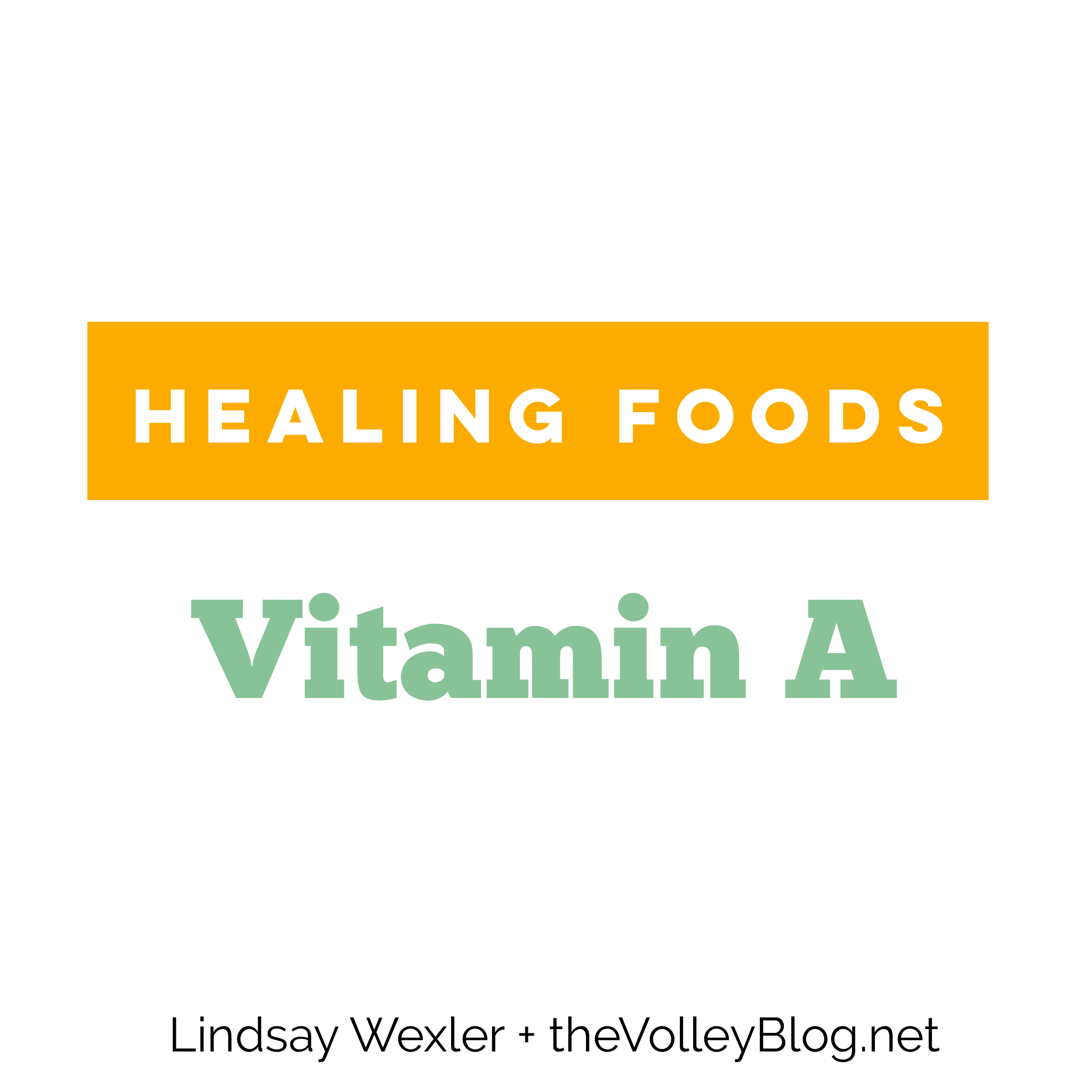
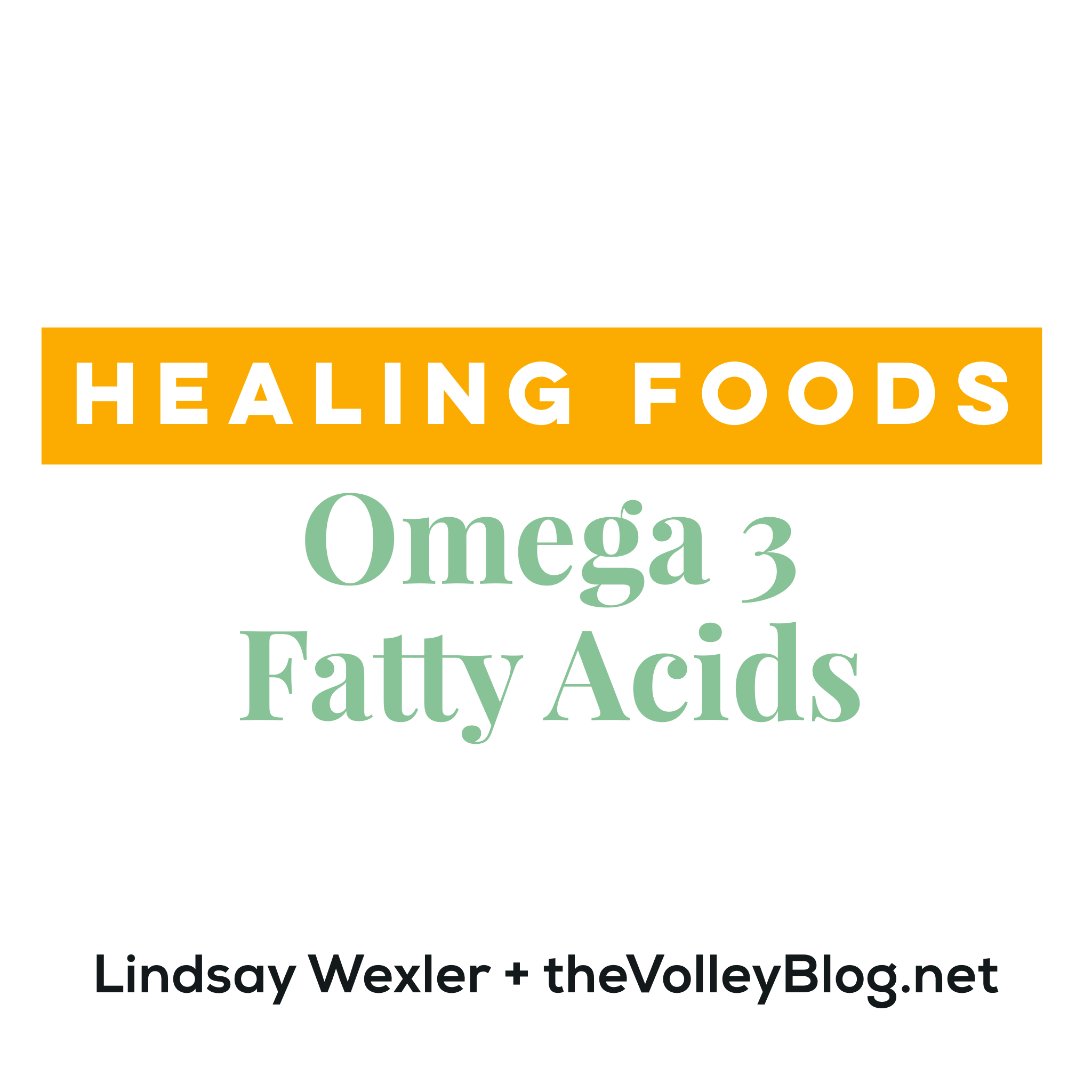
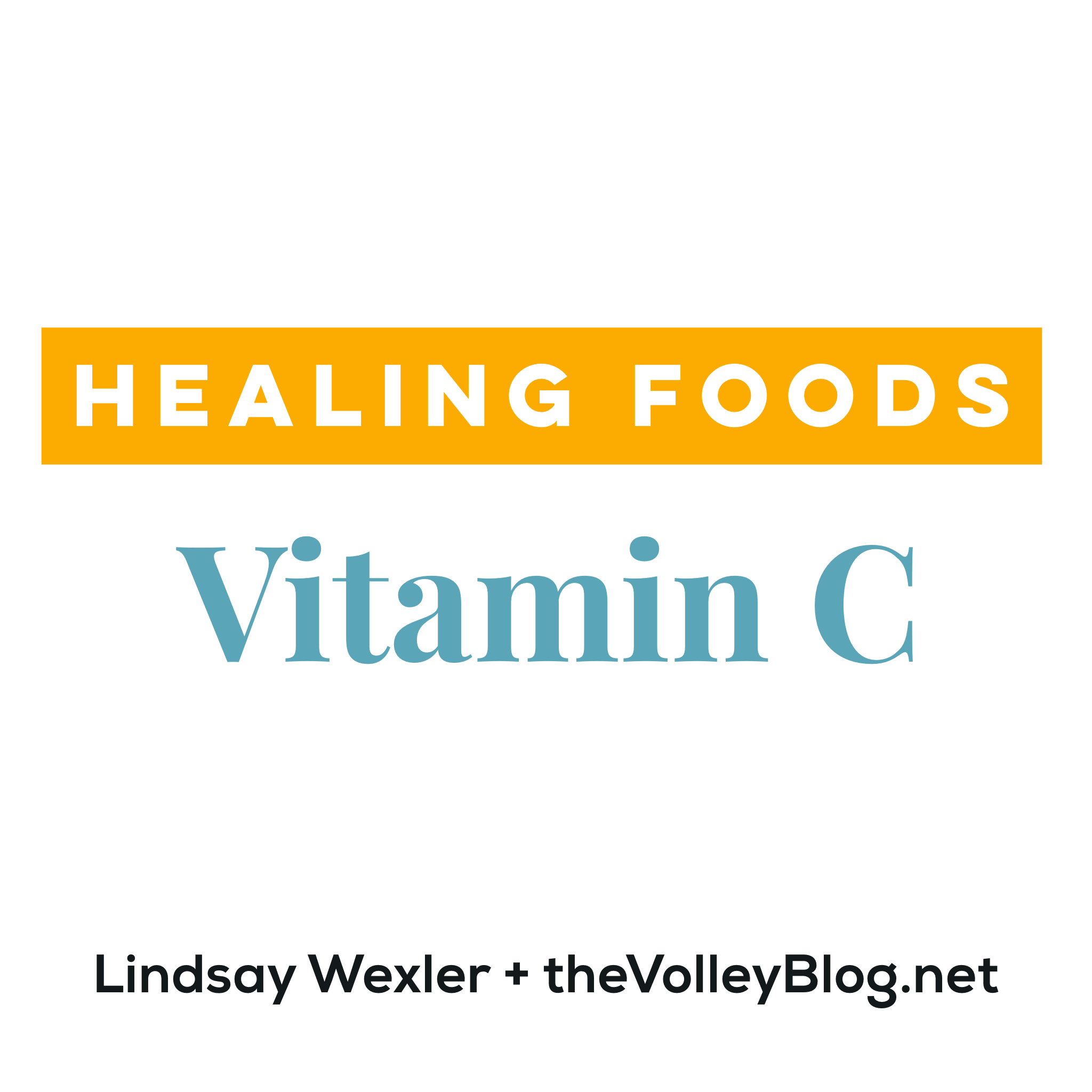
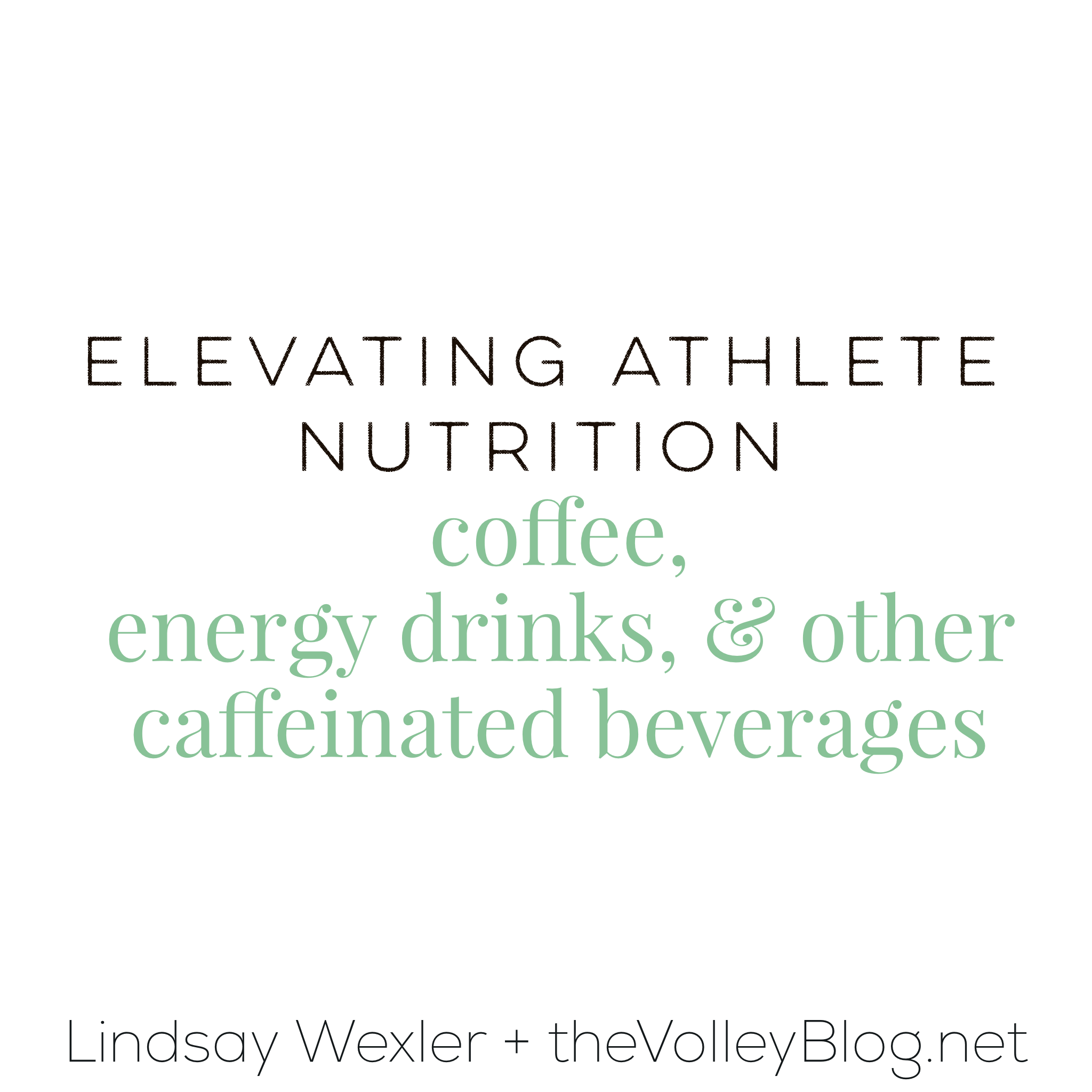
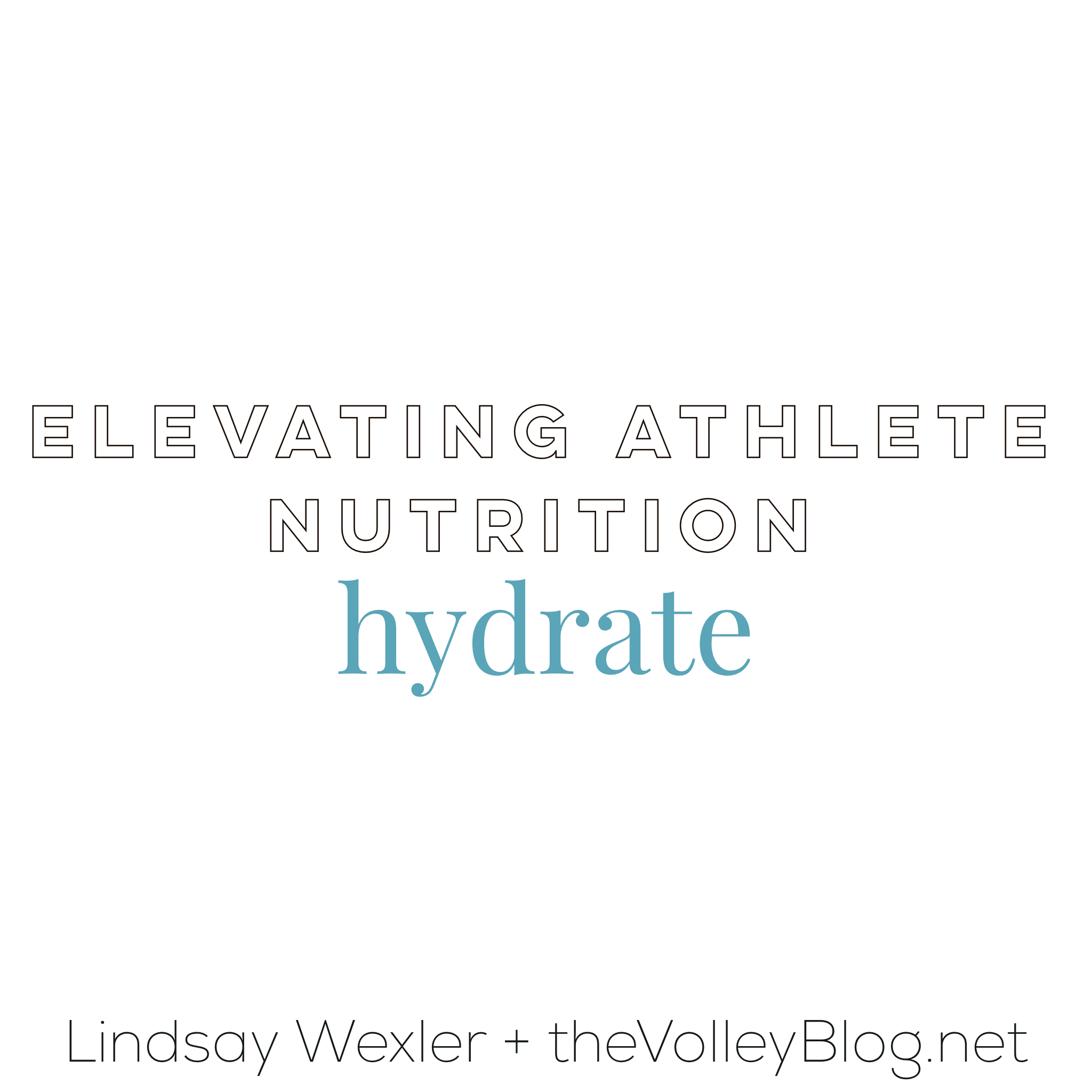
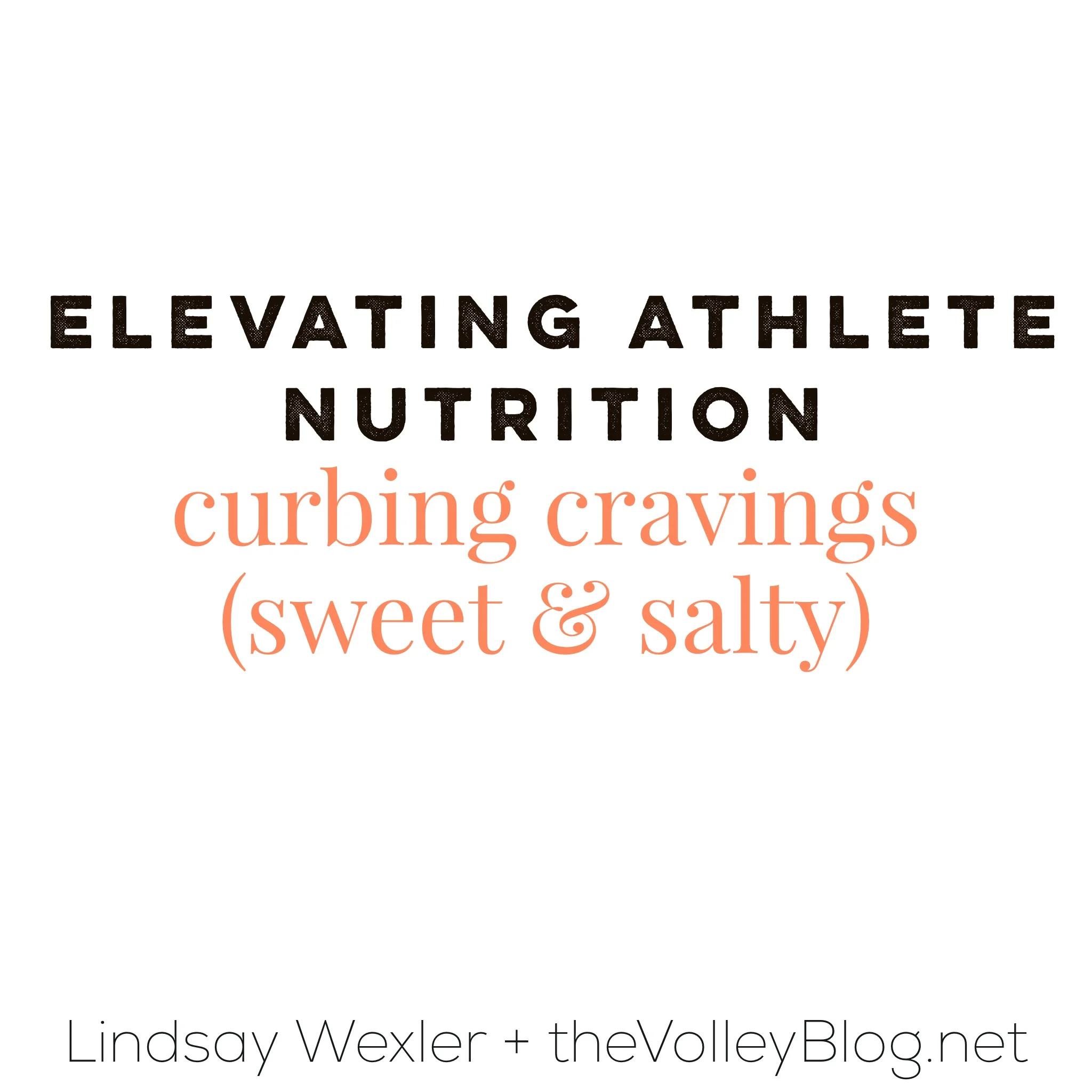
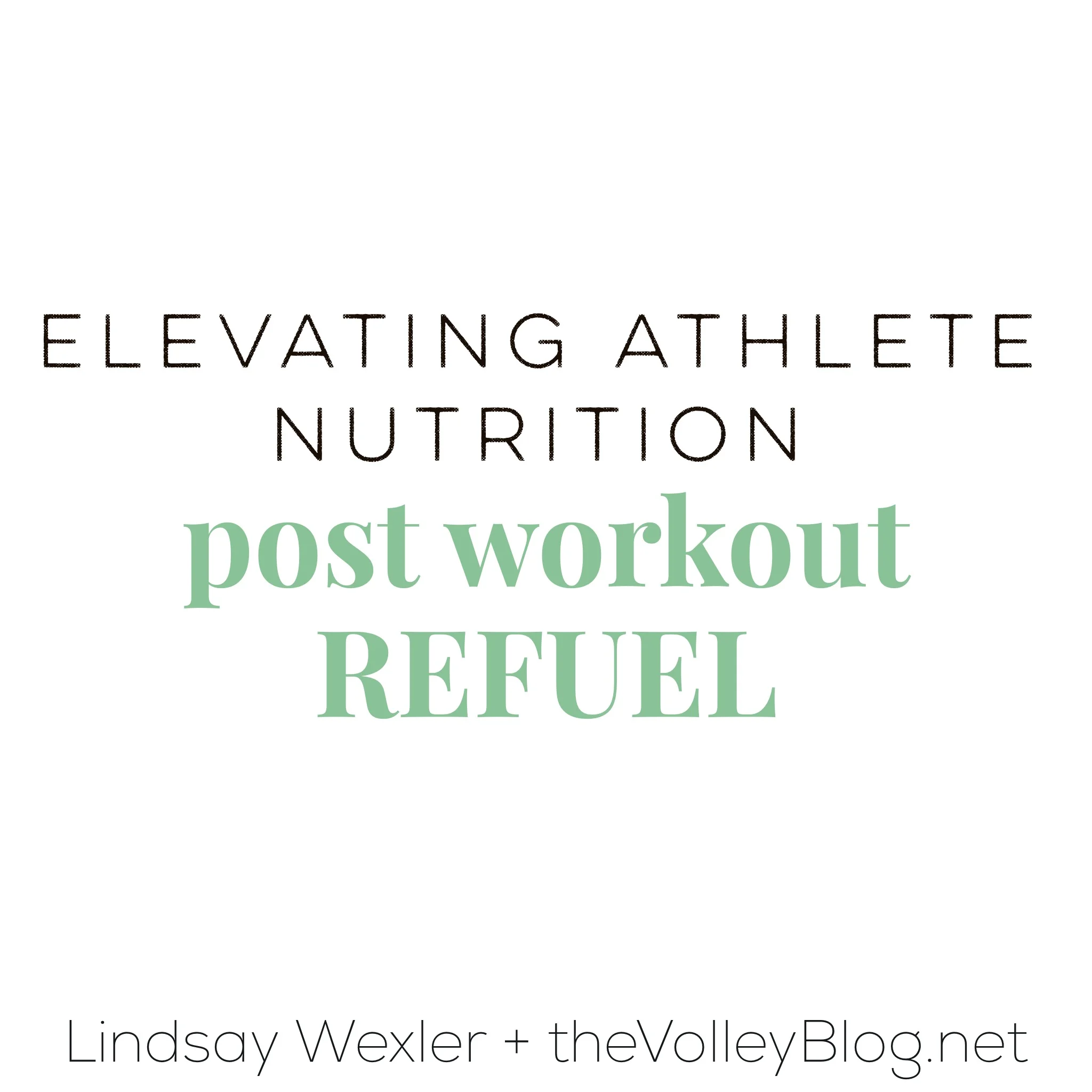
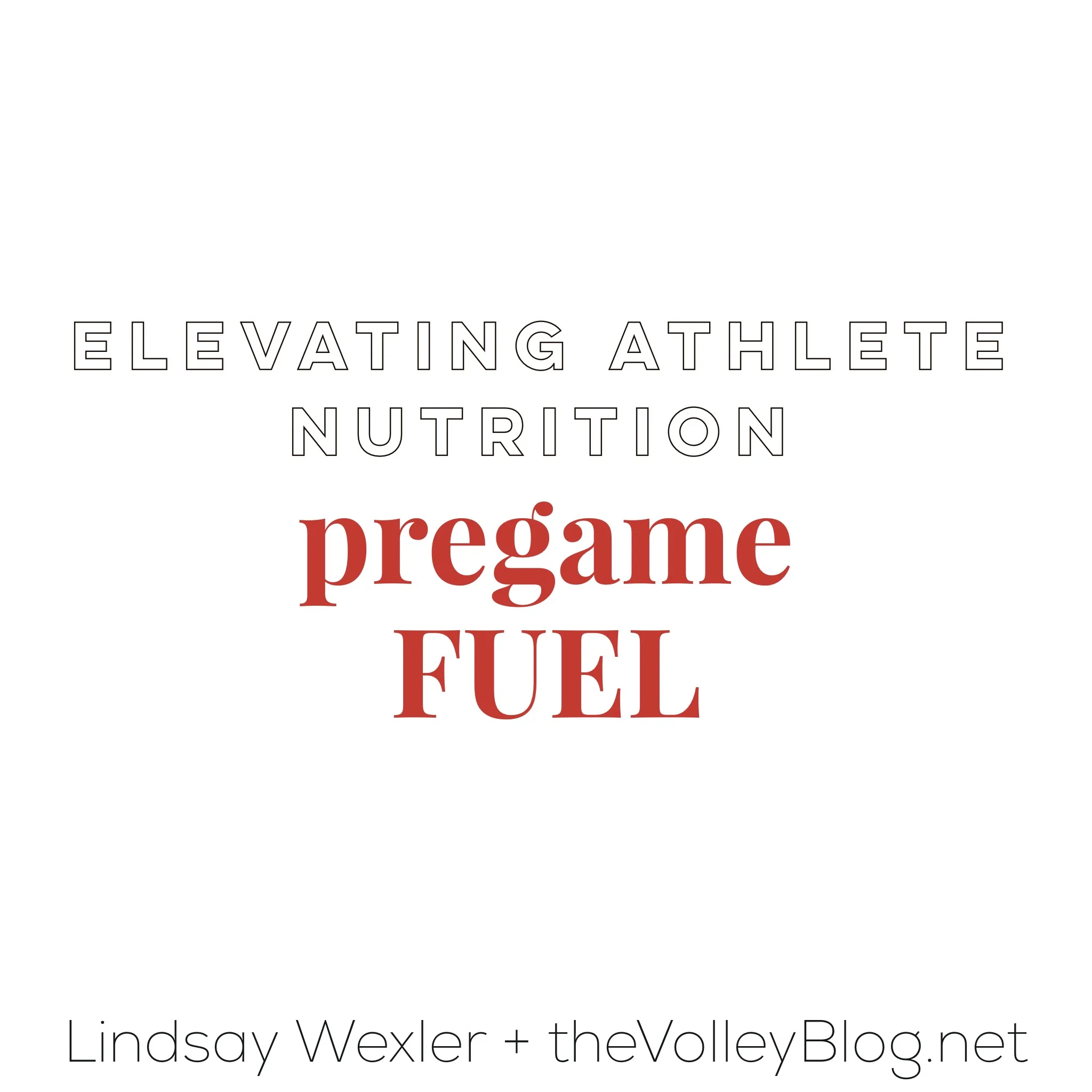
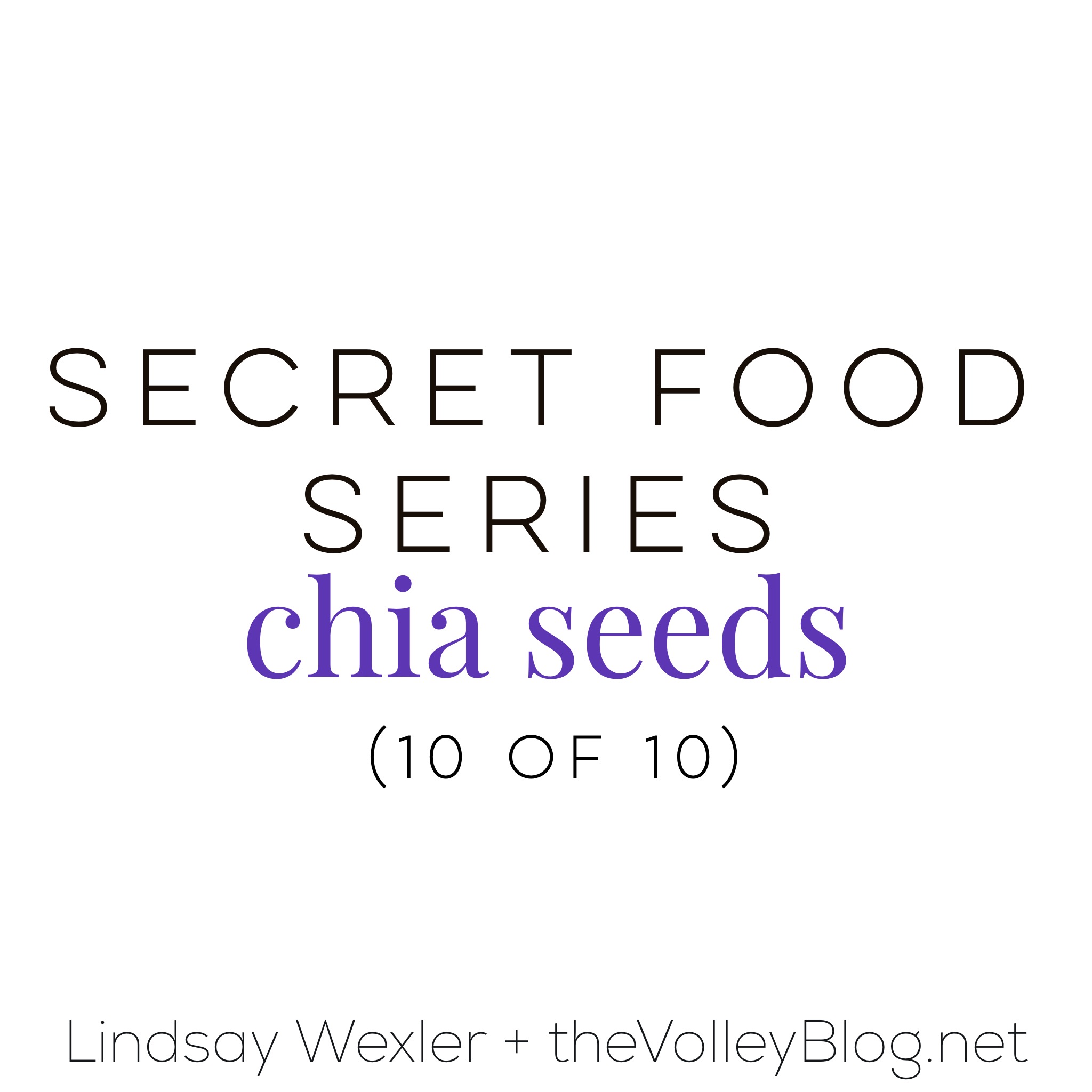
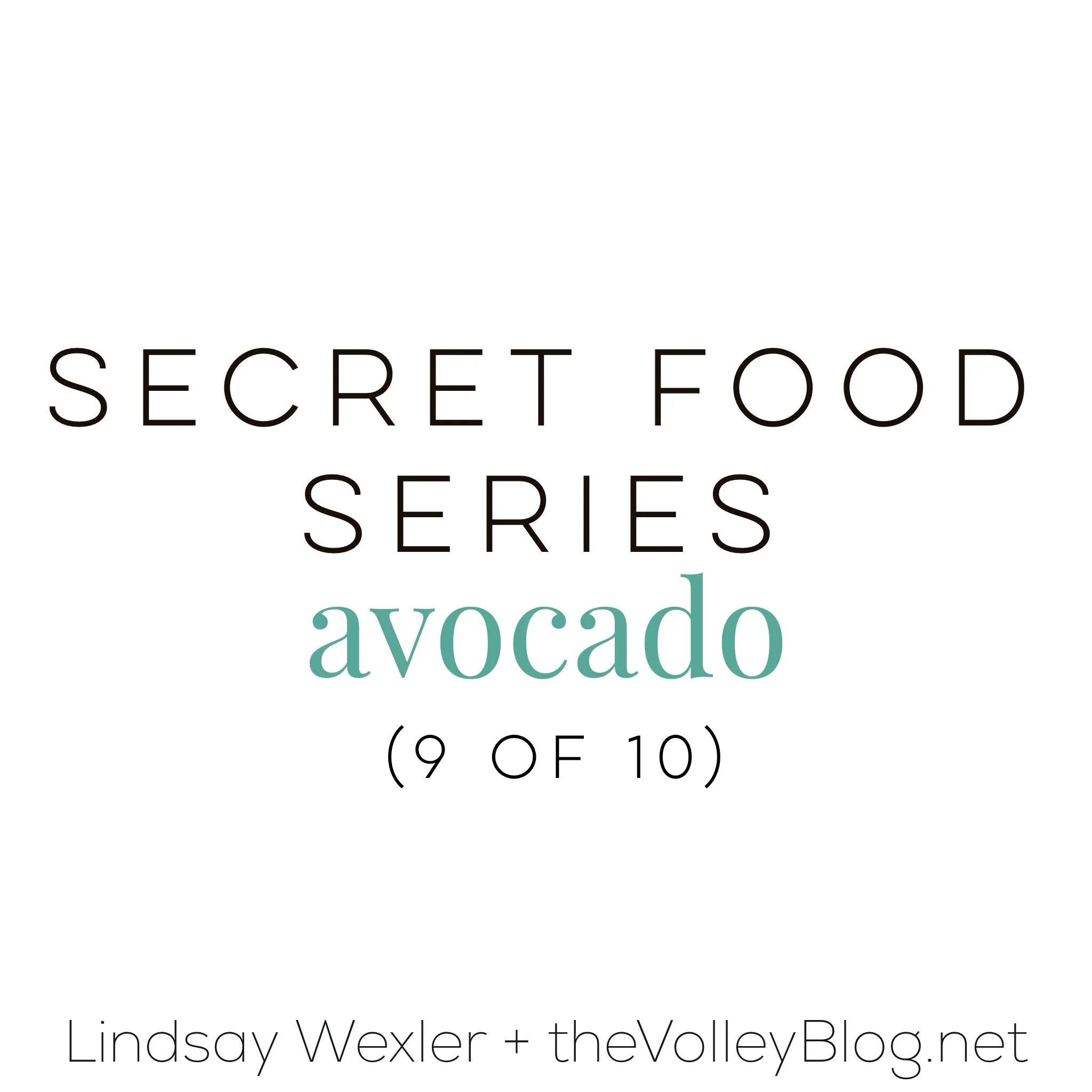
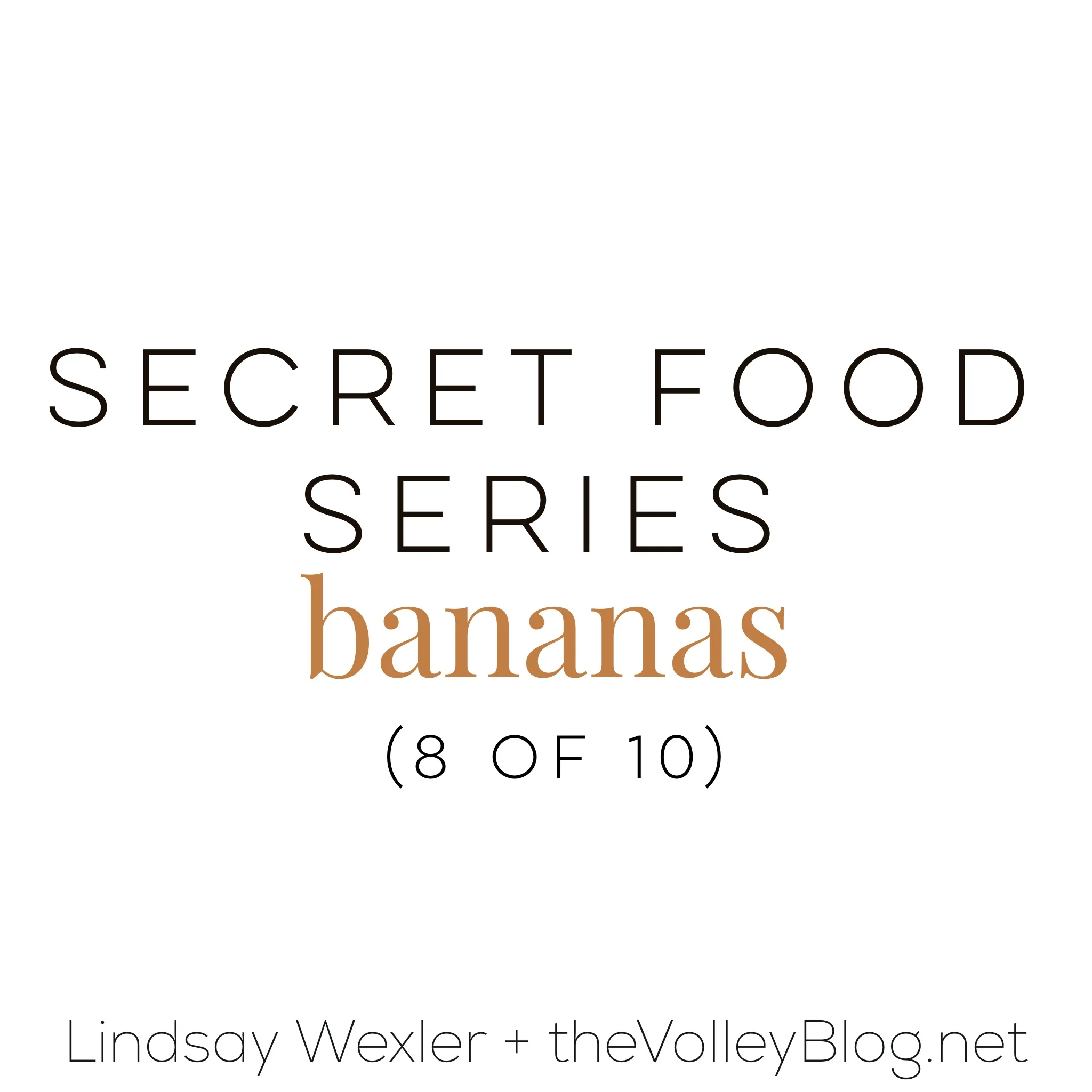
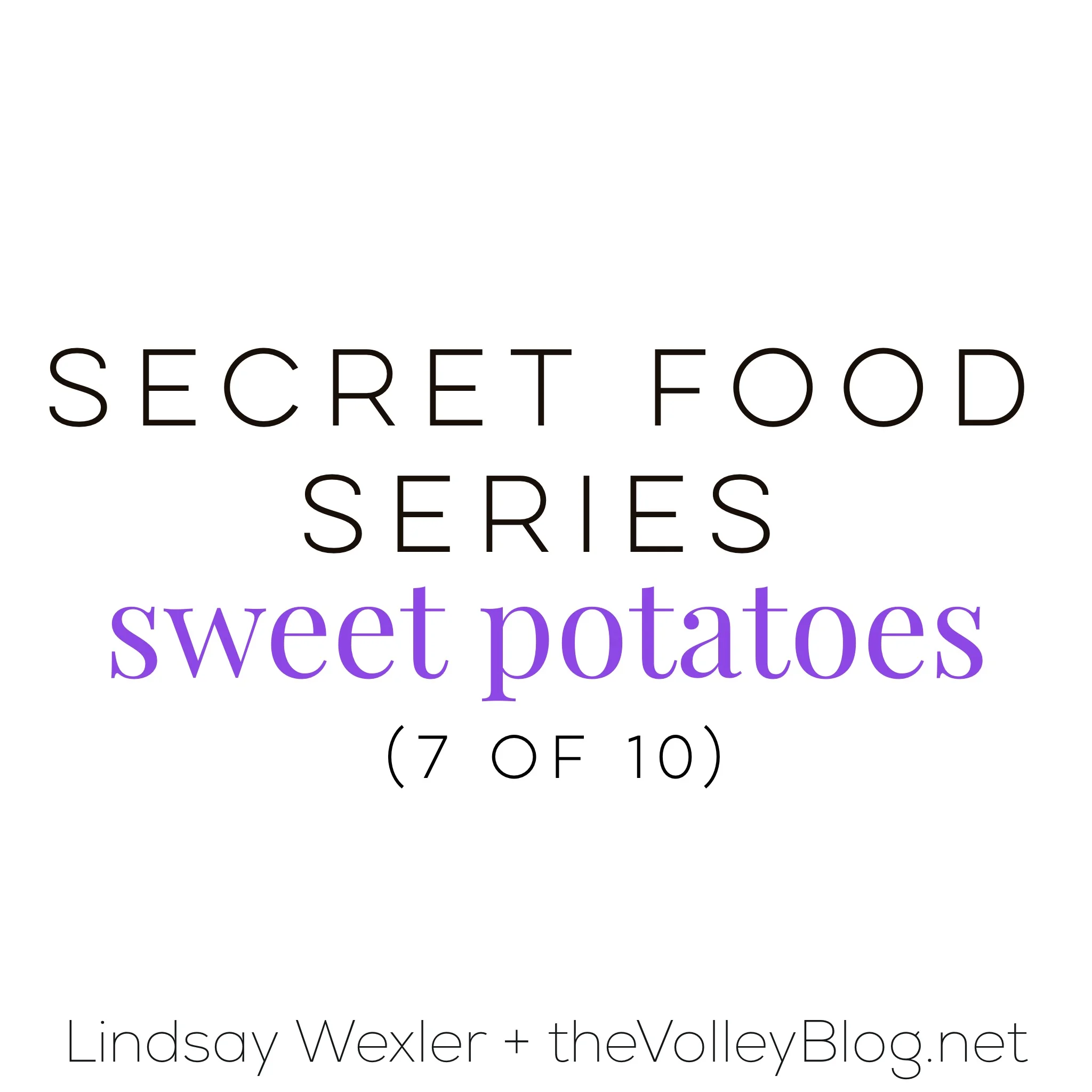
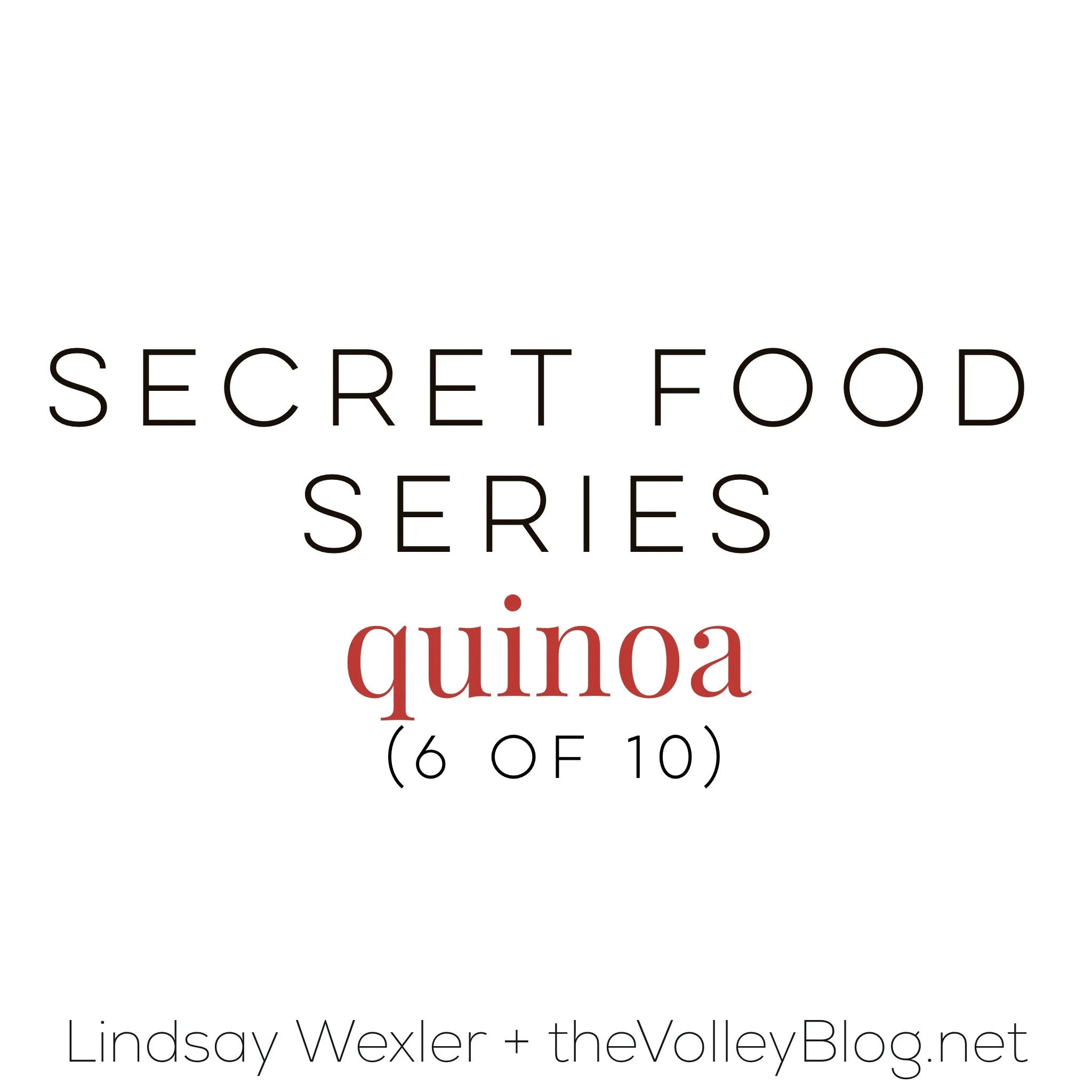
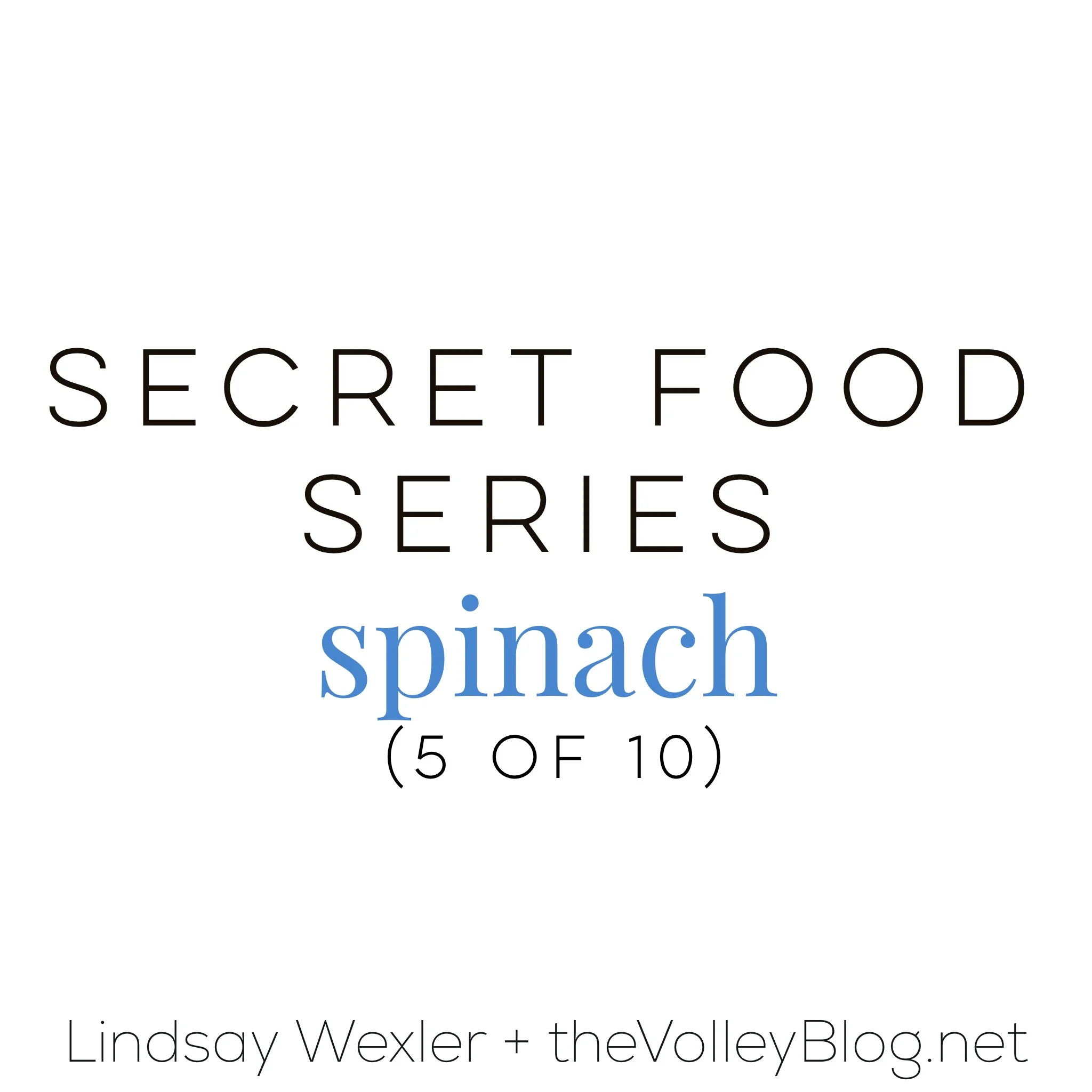


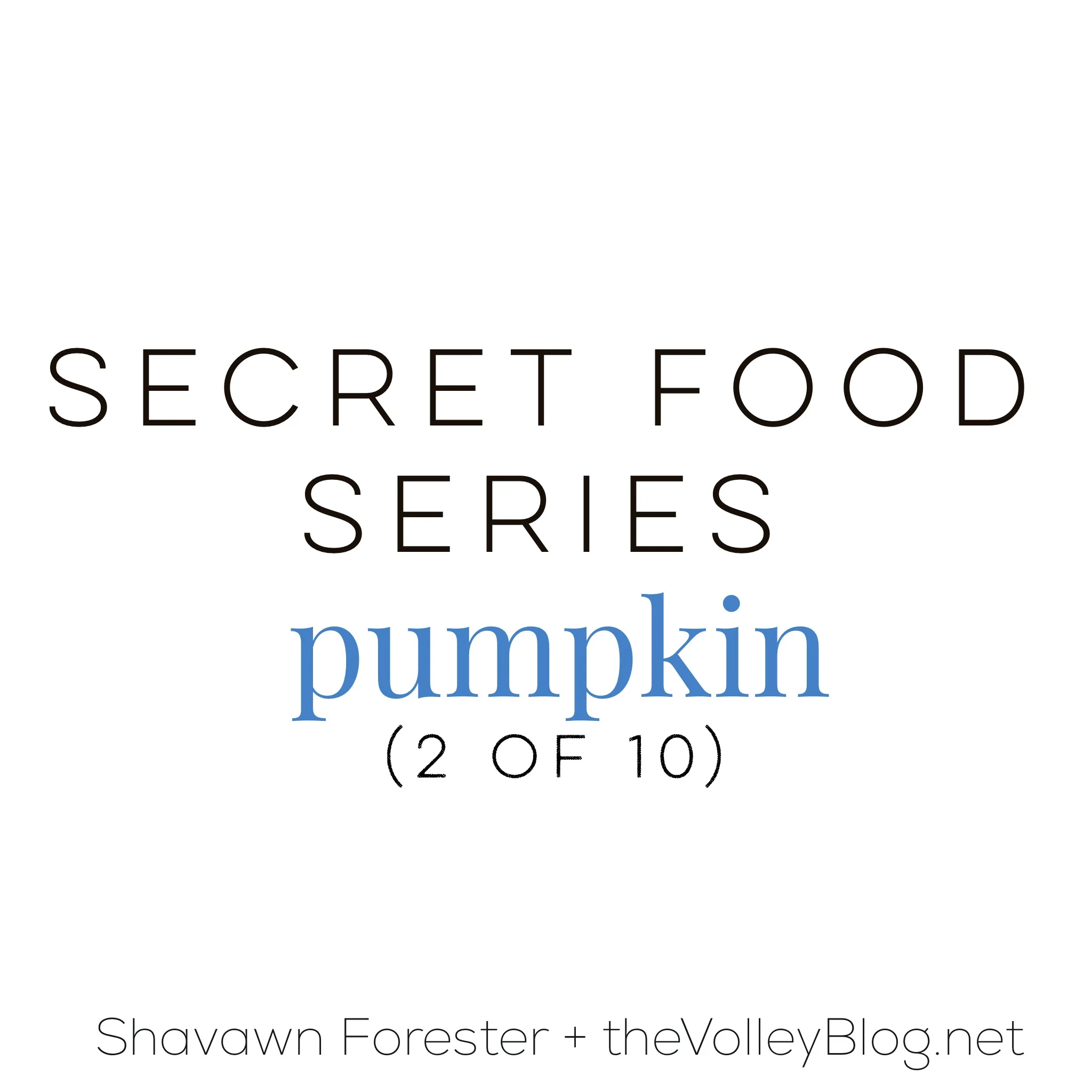
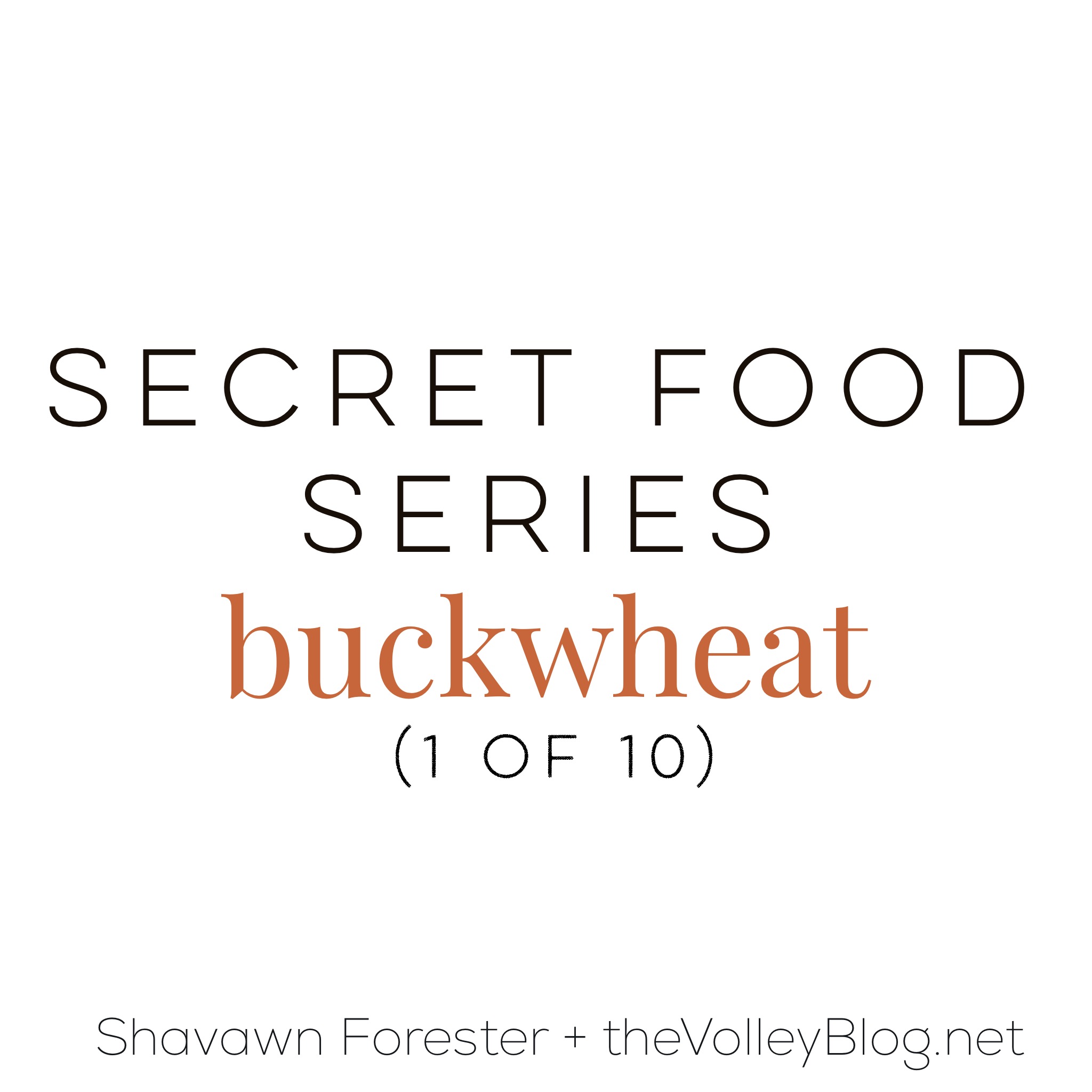
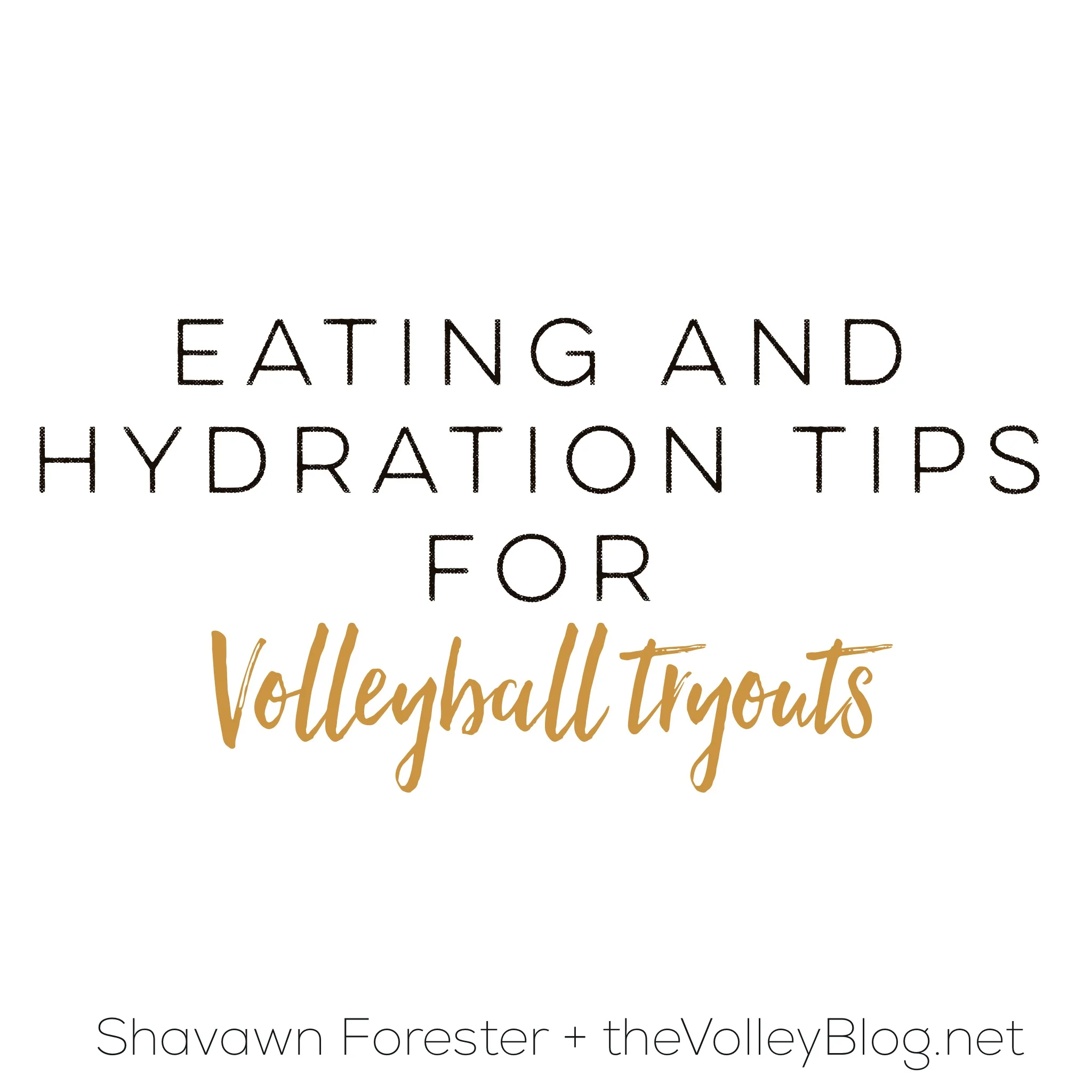
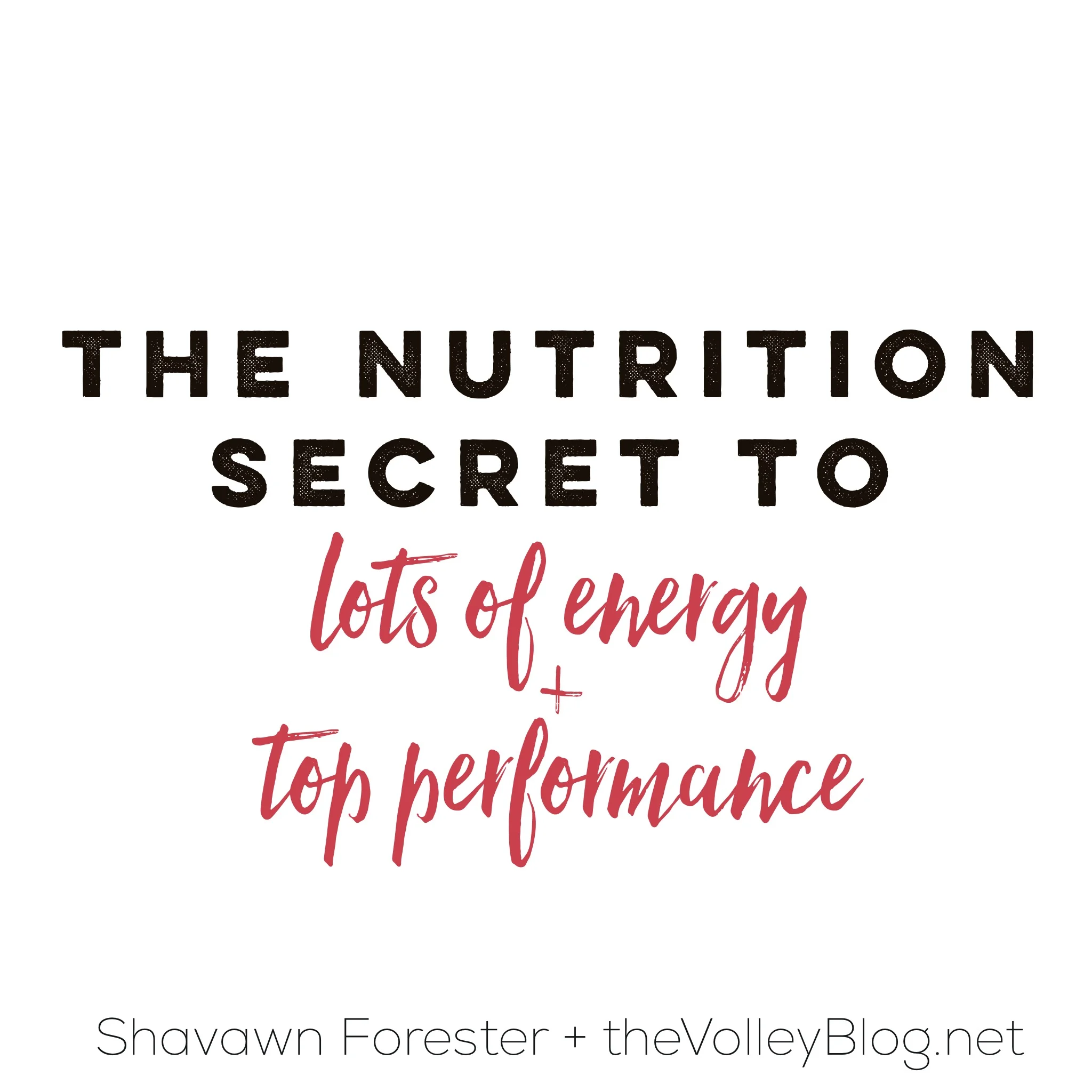
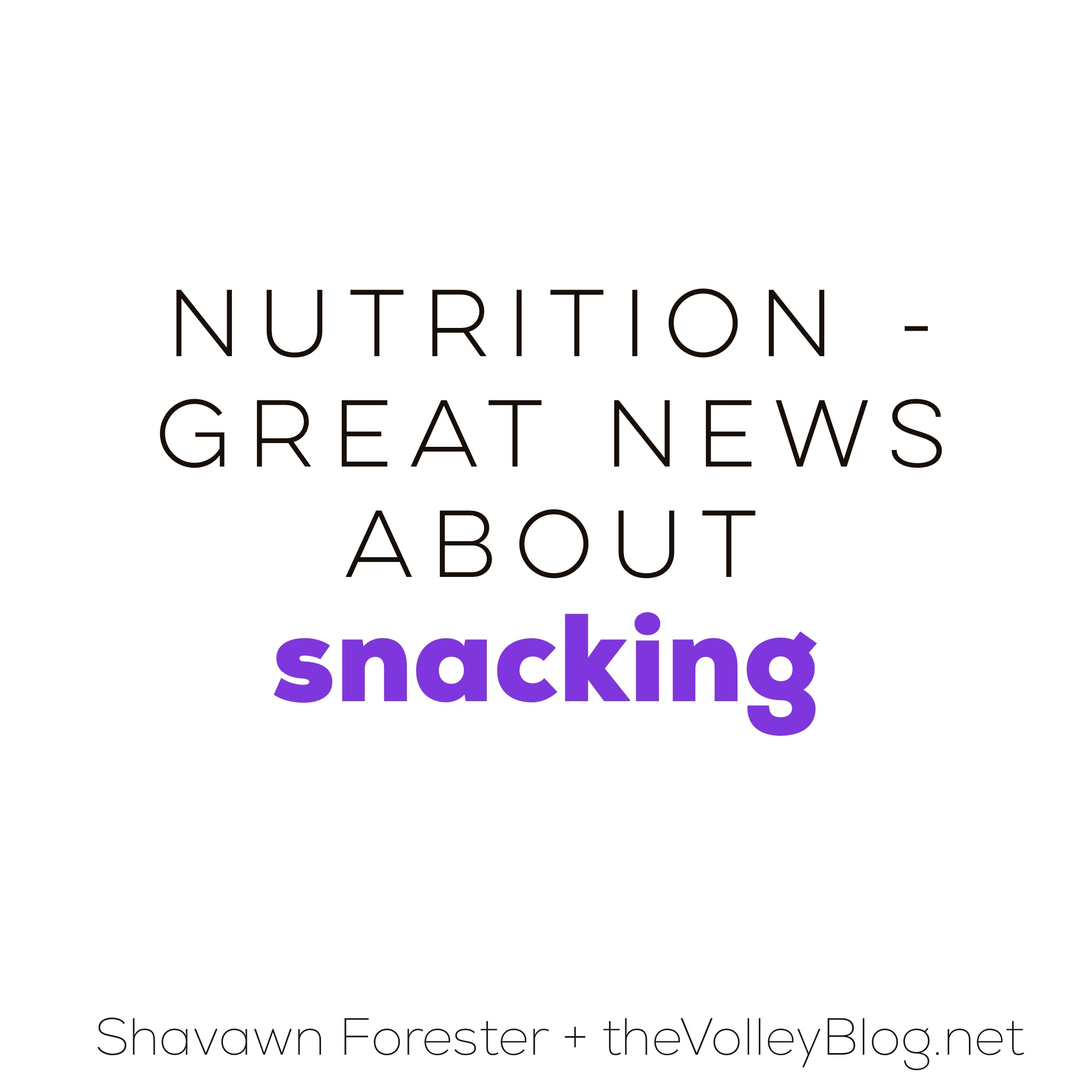

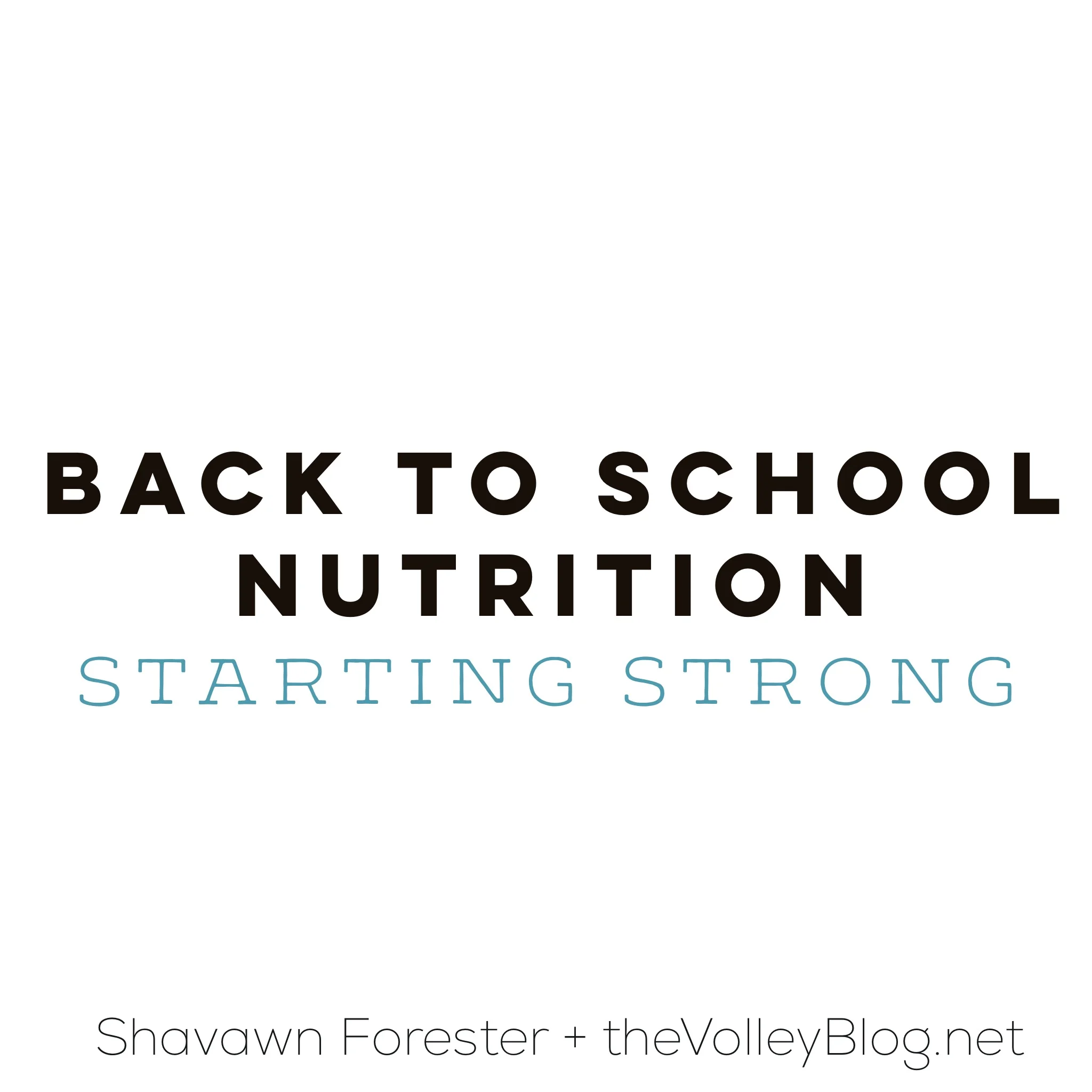
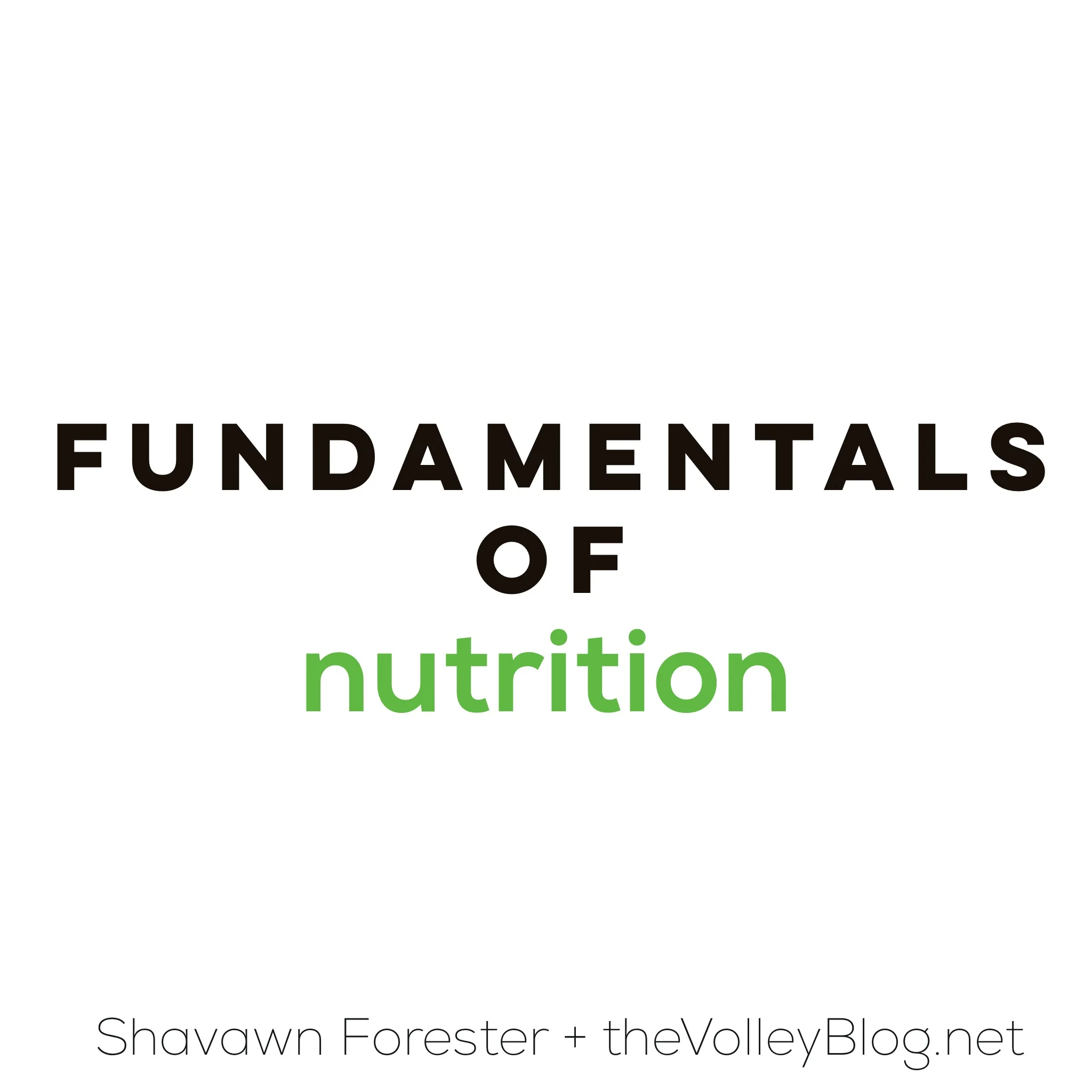
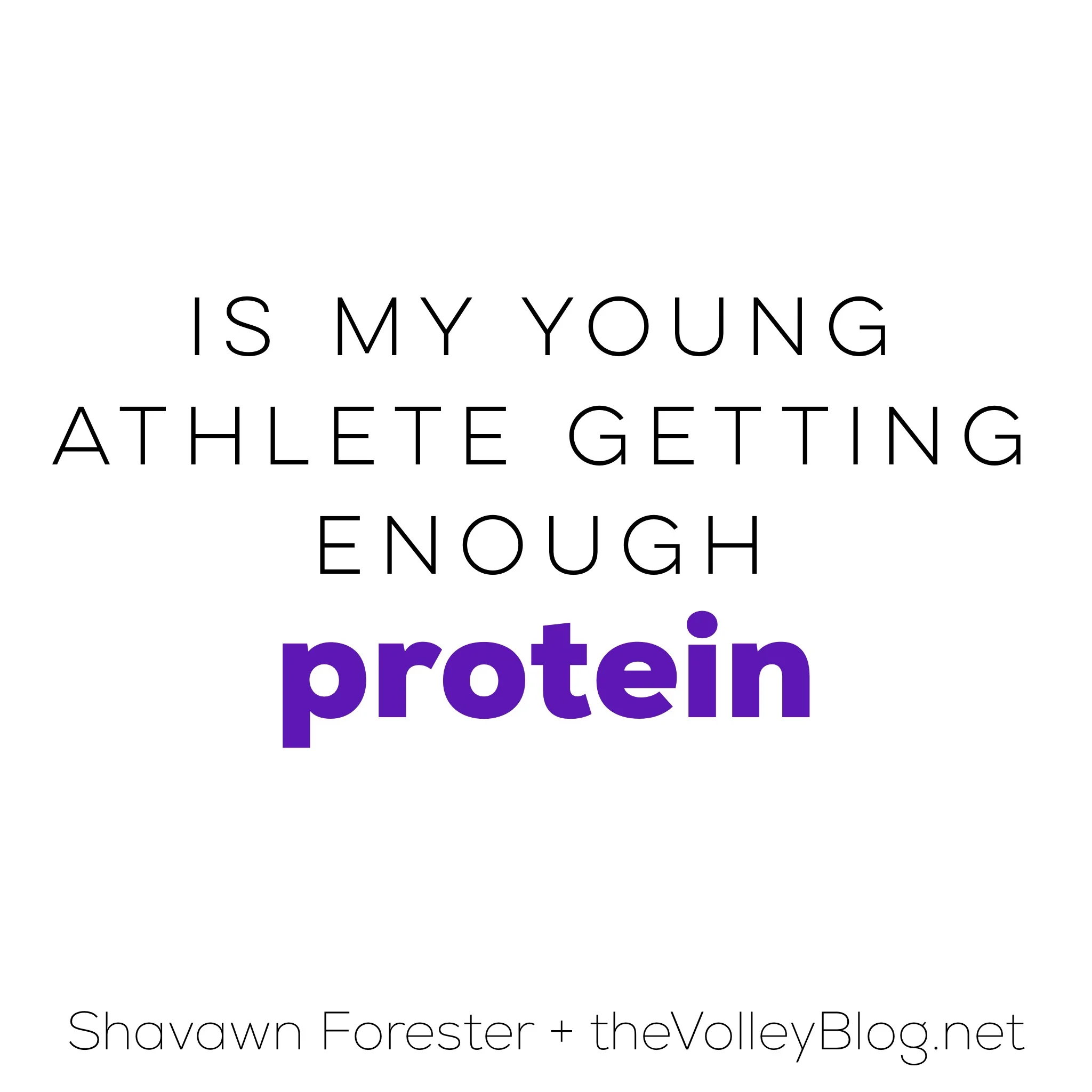
Let’s speed up our recovery. Consuming protein rich foods will aid healing and are essential in coming back from a sports injury. The body makes millions of new proteins daily to replace worn-out proteins who make connective tissue, red blood cells, and muscles. There are two types of proteins...